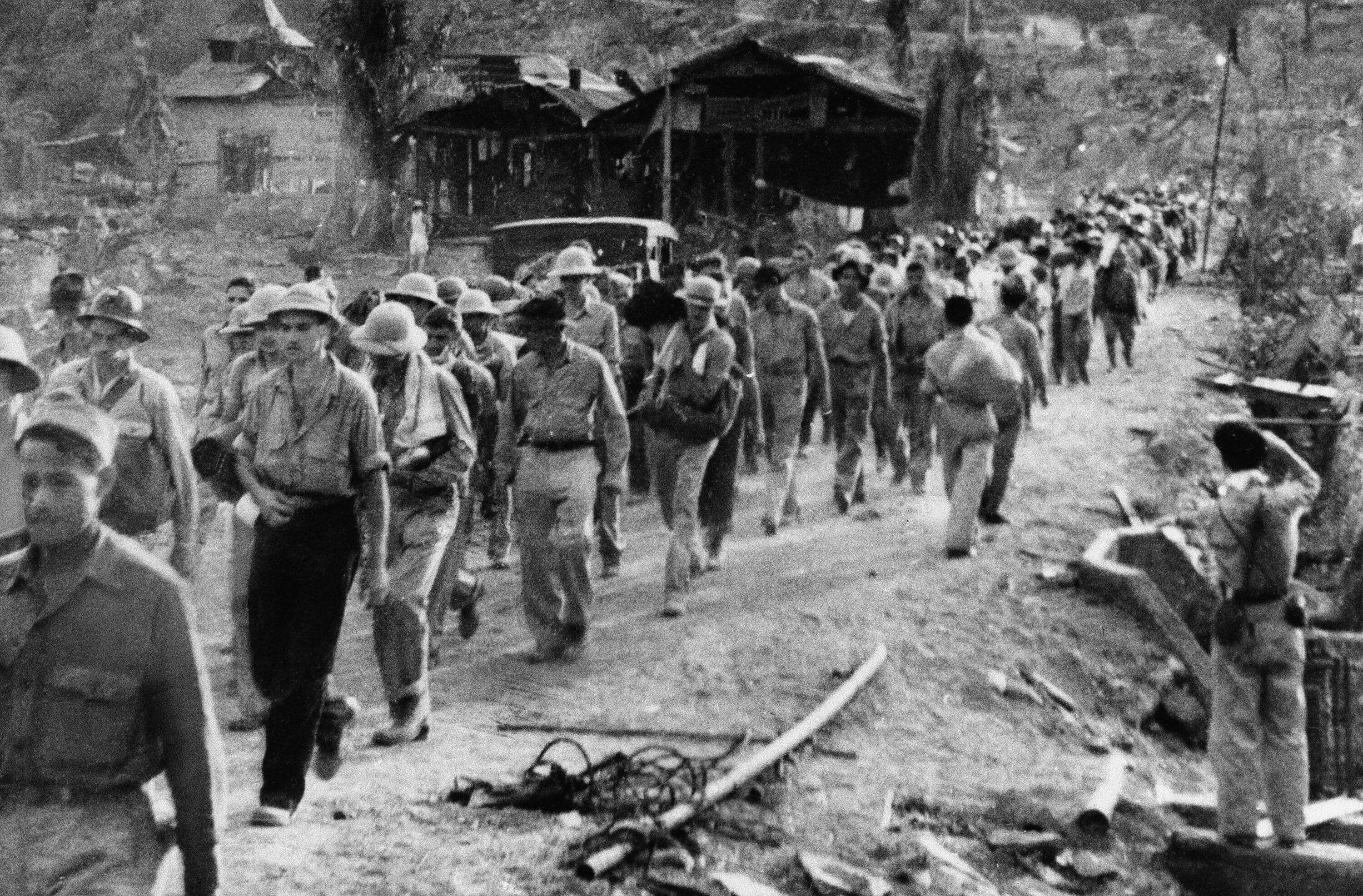Does the U.S. need a bigger army?
Part of what's disheartening about the current debate over the defense budget is the idea that future American policy makers will make the same poor decisions as those in the past. Here's Max Boot:
Indeed, even as we were winning in Iraq, we were losing in Afghanistan, because we didnâ??t have enough troops to adequately garrison both countries. In the 1990s, it never occurred to force planners from the Bush and Clinton administrations that we would be making such large ground-force commitments, so they did not create an army big enough to handle such commitments. Today we are hearing the same refrain we heard back then: that there is scant chance we will fight a major ground war in the future, so why bother preparing for one? Unfortunately, history has a tendency to make a mockery of such certainties, in part because our very unreadiness to fight increases the odds that we will have to do so by encouraging potential enemies to test our will. [Emphasis mine]
If the Bush administration did not decide to invade and occupy Iraq, there would be no strain on America's armed forces - even accounting for a larger troop commitment to nation build in Afghanistan. It is worth restating this because it's a point that seems somewhat lost (or deliberately obscured) in the debate over the size of American ground forces: the U.S. decided to attack Iraq, it was not compelled to, as it was in Afghanistan.
So what you have here is not a deficit of military strength but a civilian leadership that made a very bad strategic decision and, because it made a bad decision, put huge strains on the American military (and American economy). The way to reverse this problem is not to put more money into building bigger ground forces to occupy future Middle Eastern or North African countries, but to put in place decision makers who will be more responsible stewards of American power.











